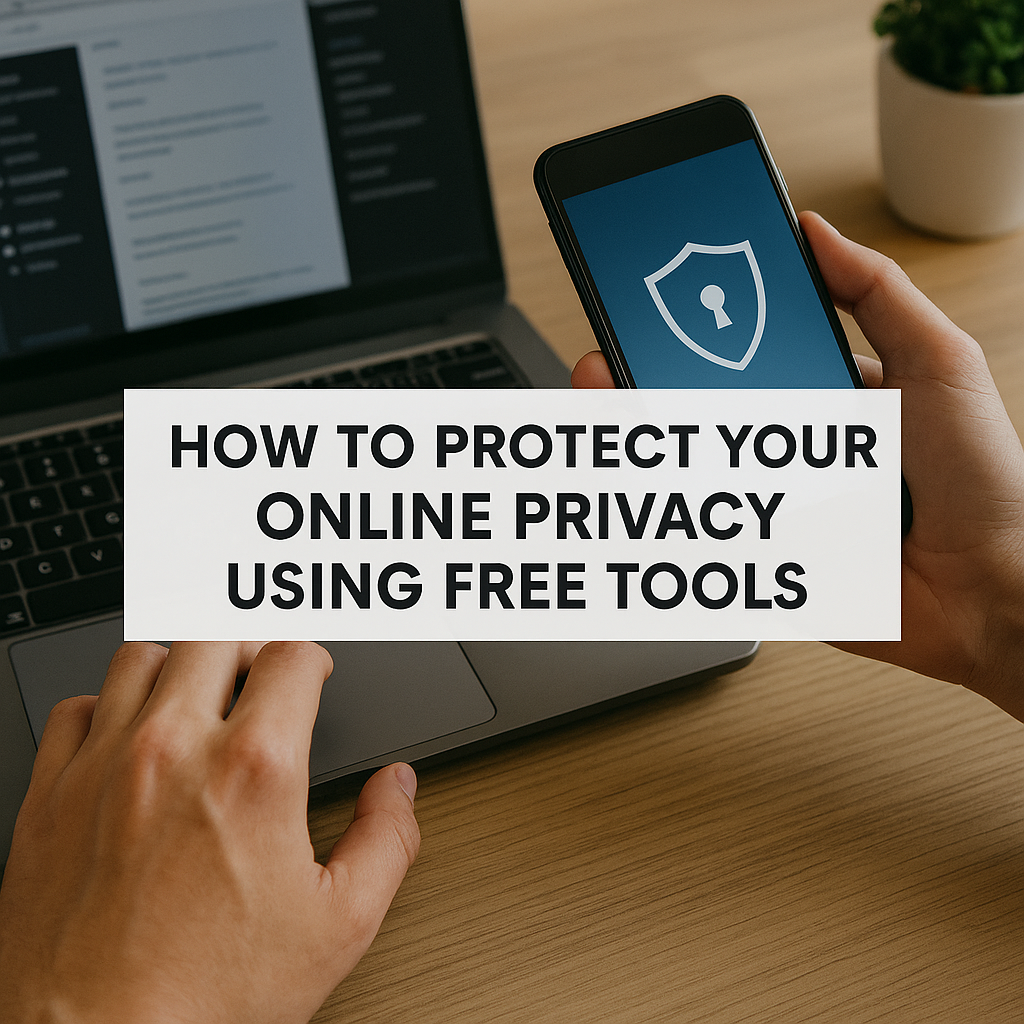
With increasing data breaches, identity theft, and tracking by advertisers, safeguarding your personal information has become essential. The good news is you don’t need to spend a fortune to stay safe — there are plenty of powerful free tools available to help you maintain your privacy online.
Why Online Privacy Matters
Your personal data is valuable. From your browsing habits to your location and even your shopping preferences, companies and cybercriminals alike are eager to collect and exploit your information. Protecting your online privacy is not just about avoiding targeted ads; it’s about preventing identity theft, financial fraud, and other serious risks.
1. Use a Free VPN
A Virtual Private Network (VPN) encrypts your internet connection, making it harder for hackers or even your Internet Service Provider (ISP) to track your online activities. Free VPN services like ProtonVPN and Windscribe offer limited data plans but can still provide strong privacy for casual browsing.
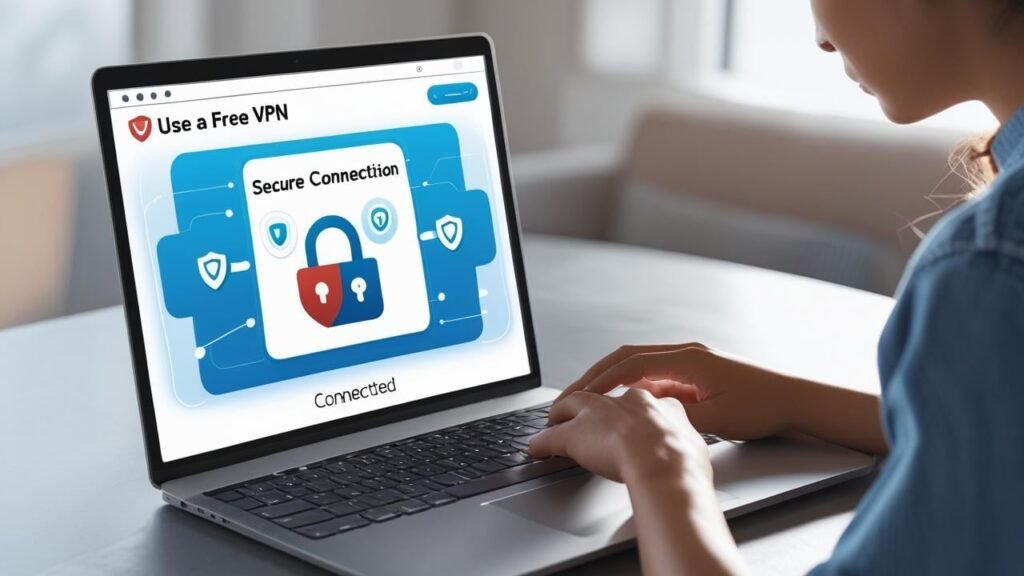
2. Install Privacy-Focused Browsers and Extensions
Browsers like Brave and Firefox prioritize privacy by blocking trackers and harmful scripts by default. You can also enhance your privacy with free extensions like uBlock Origin (for ad and tracker blocking), Privacy Badger, and HTTPS Everywhere.
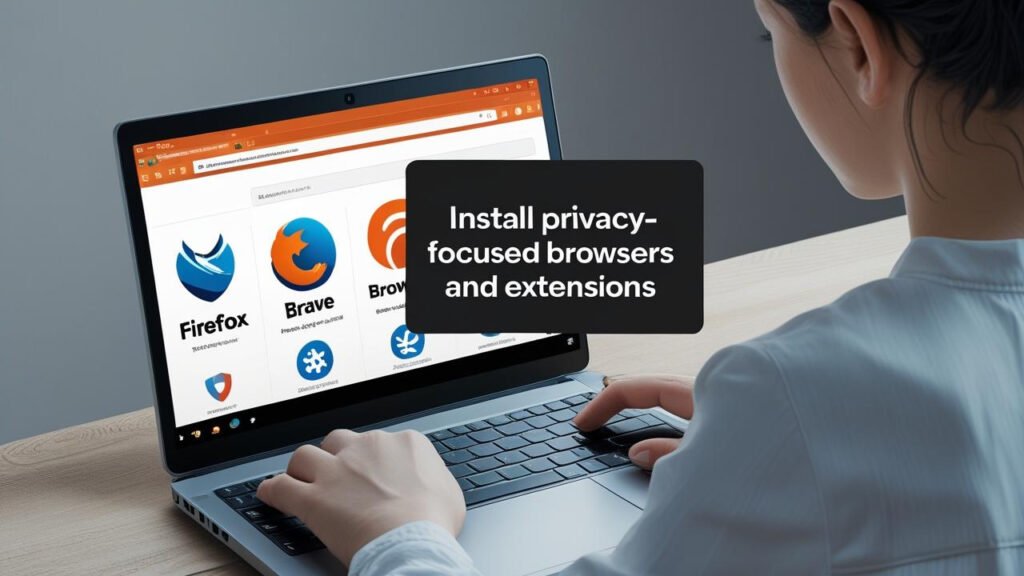
3. Use Encrypted Messaging Apps
Apps like Signal and Telegram offer free, end-to-end encryption to keep your conversations secure. Unlike traditional SMS or some popular chat apps, these tools don’t store your data on centralized servers.
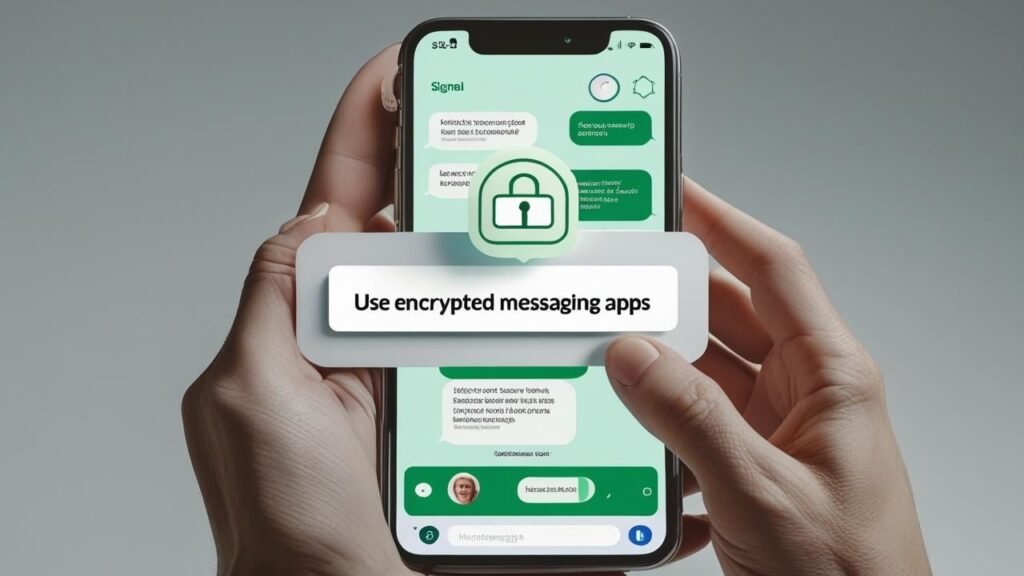
4. Strengthen Your Passwords
Weak passwords are one of the biggest vulnerabilities online. Free password managers like Bitwarden can help you generate and store complex, unique passwords for each of your accounts, reducing the risk of hacks.
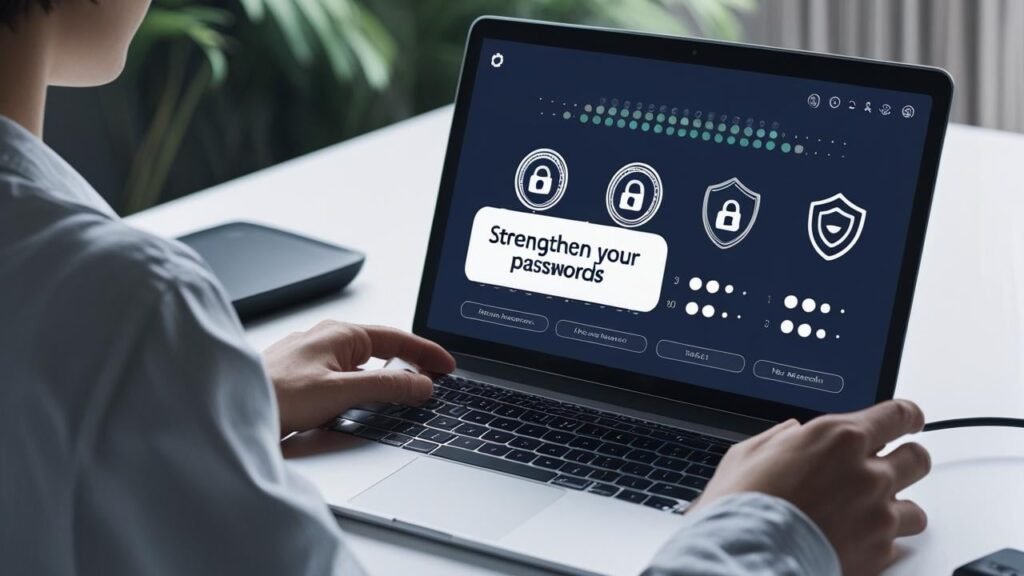
5. Enable Two-Factor Authentication (2FA)
2FA adds an extra layer of security to your accounts by requiring a second form of verification (like a code sent to your phone). Many major platforms offer 2FA for free and strongly encourage users to activate it.
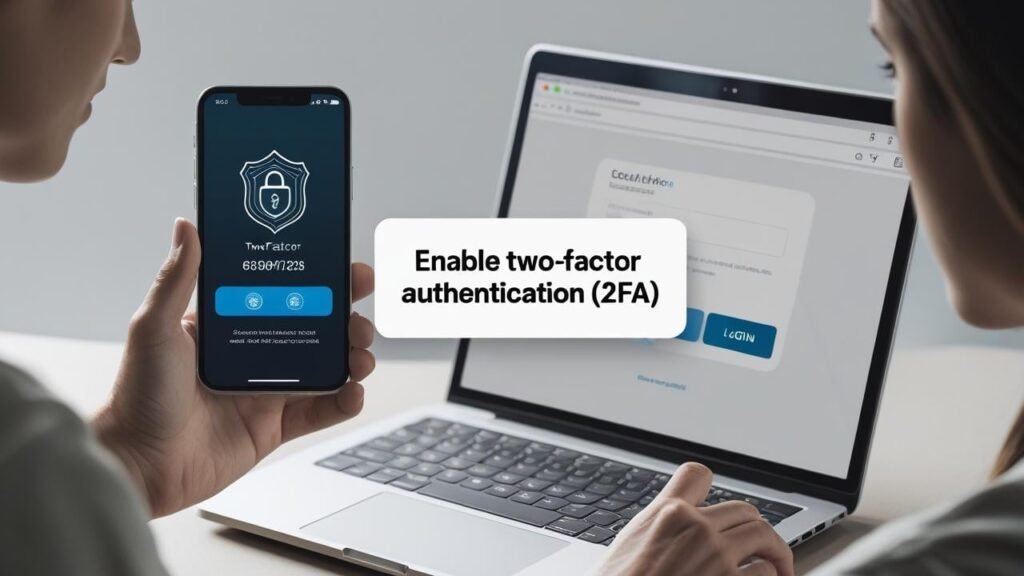
6. Check Your Digital Footprint
Regularly check what information is available about you online. Free tools like Have I Been Pwned can show if your email or passwords have been part of a data breach. This helps you take quick action to secure your accounts.
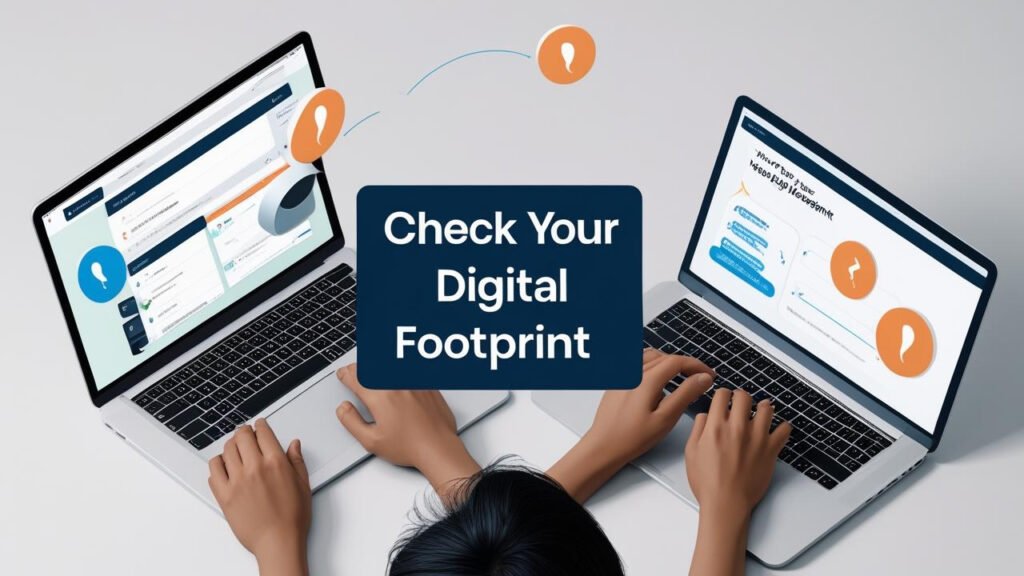
Final Thoughts: How to Protect Your Online Privacy Using Free Tools
Learning how to protect your online privacy doesn’t have to be complicated or expensive. By using these free tools and adopting better online habits, you can significantly reduce your risk and regain control over your personal information. Start small, stay consistent, and remember: your data is worth protecting.



